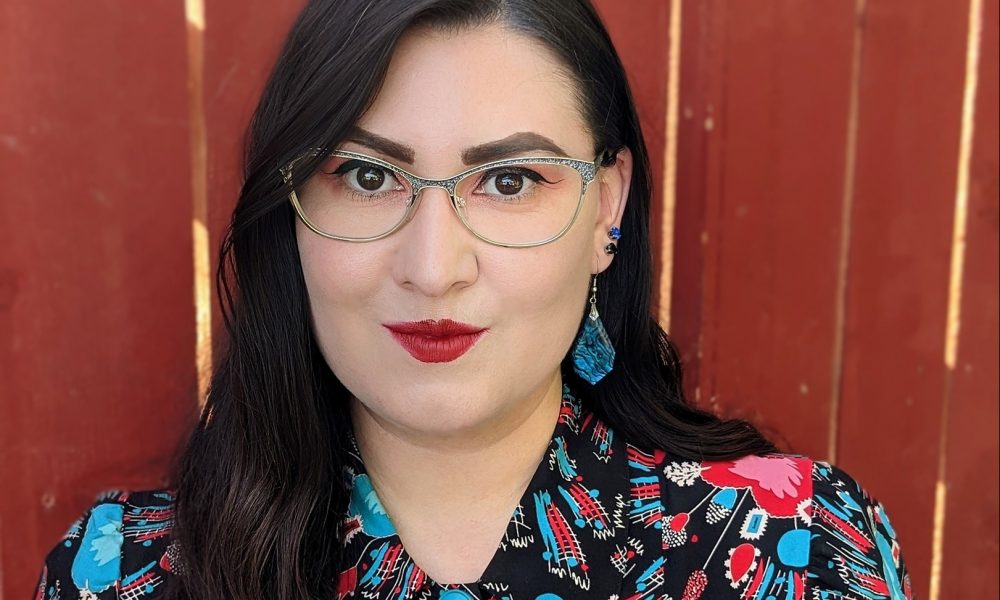

Today we’d like to introduce you to Alexis Robles.
Hi Alexis, it’s an honor to have you on the platform. Thanks for taking the time to share your story with us – to start maybe you can share some of your backstories with our readers.
Of course, and I think an important note at the top is that my introduction to theatre-making was accidental. A friend encouraged me to take 4th-period play production with her, and pretty quickly, our teacher, Mrs. Holbrook, took me aside and asked me if I knew what stage management was. She told me that she saw many of the qualities you’d like in a stage manager in me (organized, responsible, and detail-oriented) and that the next production needed an assistant stage manager. That was the moment stage management became the extracurricular activity of my high school career. Still, it was just a hobby, so I applied to college as a history major and ended up attending the University of La Verne. A few months into the fall semester of freshmen year, that friend who told me about play production also attended ULV as a theatre major and invited me to see her in a studio performance. I did, and damn it, I was sucked back in, but again just as a hobby. I enrolled in an impacted January course where we had four weeks to put up a show. Before I knew it, I became the assistant stage manager for the spring mainstage show, Jene Genet’s The Screens, directed by internationally renowned Croatian director Georgij Paro. By summer, I wanted somehow to be an organizational cog in the offbeat artmaking world and work in education. I declared myself a double major in History and Theatre and assumed I’d figure out the rest later.
The following year I saw a clip of Rogue Artists Ensemble’s Gogol Project shown to me by now a dear friend and colleague, Matthew G. Hill. My immediate reaction was that I needed to work on this kind of theatre and that feeling only grew after seeing their then-current production, D is for Dog. Around this time I started freelancing and picking up stage management roles wherever I could. To my delight, in 2012, I was asked to come to Rogue Artists’ Pinocchio workshop as an assistant stage manager. Over the next few years, I graduated, continued freelancing in the greater LA area as a stage and event manager, joined Rogue Artists Ensemble as a company member and RIOTstage as a company manager, and moved on to production management.
From there, I spent several years figuring things out. I wanted to find the right combination of focusing my career on the two areas I returned to at every turn: making art I care about and encouraging learning, preferably for non-profits. Luckily, I found a position that allowed me to focus on these two things. I started working in the Family Programs department at the Skirball Cultural Center, where I produce and organize programming for family audiences. My favorites are the annual Puppet Festival, Family Amphitheater Series, and the California Archaeology Month celebration. All the while, I was selectively production managing for theatre, festivals, events, VO production for video games and television, and even app-based experiences. Earlier this year, I became Rogue Artists Ensemble’s Managing Director on my decade anniversary of working with the company. I’m so excited to be in this role with a company I’ve loved dearly and whose art I’ve always believed in. It’s been a wild ride, but that brings us to today.
Would you say it’s been a smooth road, and if not what are some of the biggest challenges you’ve faced along the way?
There have been some bumps, but I feel like anything worth doing isn’t easy all the time. Most of my obstacles have centered on finding the balance between the things I want from life and my career. In my mid-twenties, I realized I was spending so much of my time making art I didn’t believe in so I could afford to make the art and programming I felt was innovative and making a difference. This led me to begin assessing what kinds of positions I took within a specific set of parameters: 1) Is what they’re doing meaningful? and 2) Does it make the world closer to the one I want to live in? Whether it’s by spreading joy or knowledge, asking questions, or having hard conversations…there’s so much value to be found, but it’s got to be there for me to want to be a part of it. This shift took some time to figure out, and I’ve found a good groove, but I am always looking for ways to make my professional life (and that of my colleagues) more sustainable and positive. I don’t believe in perfection; there’s always room to improve.
Can you tell our readers more about what you do and what you think sets you apart from others?
I’m the Managing Director of Rogue Artists Ensemble, a non-profit theatre company founded in 2004 that creates Hyper-theater: original, immersive, multi-dimensional experiences that celebrate the complexity and diversity of Los Angeles. My background is in production and stage management across several mediums, so I know how much of a difference good management, planning, and organization can do a business on every level (even and especially in art-making!) I’ve known the organization since I was nineteen, so I’ve grown up with the company and have seen it through many different iterations and feel up to the challenge of leading the company through its next stages.
We have several fascinating projects on the horizon, but one I am so excited about is Schlitzie: Alive and Inside the Decaying Sideshow, written by Eric Fagundes. It will be an immersive exploration of the sideshow and its intersection with Los Angeles and will include many performers from the disabled, LGBTQ+, and sideshow communities. We’ve also got some other gems in development, Happy Fall: A Queer Stunt Spectacular, written by Lisa Sanaye Dring, and Cowboy Elektra (which some may have caught our last workshop of just a month and some change before the pandemic hit).
In addition to Rogue, I’m still at the Skirball in Family Programs, a subset of the Education department. It’s been a joy to have found a role that allows me to exercise my skill sets from the arts and education realms to create and produce all-ages programming.
Taking it all in, if I had to pinpoint what sets things apart and makes them different, for me, it’s that my goal is to have any project or program lead audiences to a spark that they can’t stop thinking about. As much as it’s important to measure the success and health of a company in the traditional ways, that’s not what lets you know you’re succeeding in making art and experiences that matter. But I do know we’ve succeeded when someone says they can’t stop humming a tune from a production that closed four years ago, or that their outlook or perspective shifted due to an experience you helped create.
What has been the most important lesson you’ve learned along your journey?
The most important lesson I’ve learned over the last few years is that sustainability and grace should always be factored into a project. I believe in setting up people for success, and that starts by assessing what the goal is, what is realistic to the circumstances, and if your team (or yourself) has the capacity.
Nobody does their best work when they’re stretched too thin or working toward an unrealistic deadline, and then starting your next thing when you’ve burnt yourself out already is just a huge hill to climb. So instead, let’s try to stay within our resources and means by planning things sustainably from the start.
Contact Info:
-
Website: https://rogueartists.org/
-
Instagram: https://www.instagram.com/
nightshade_24/
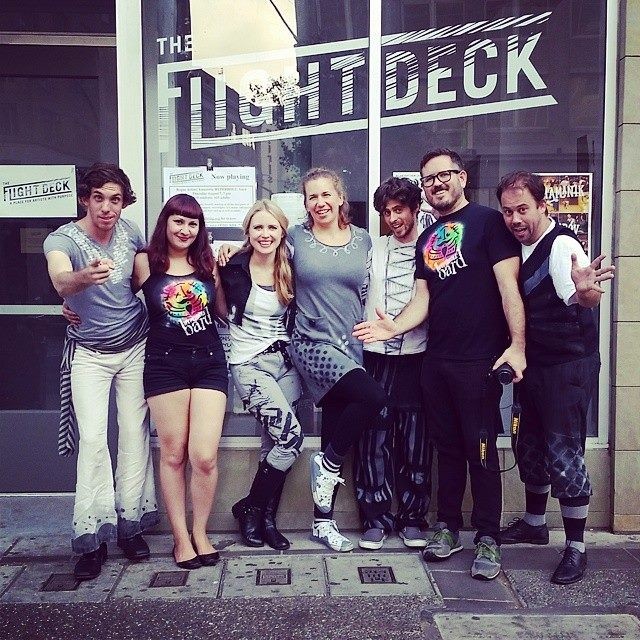
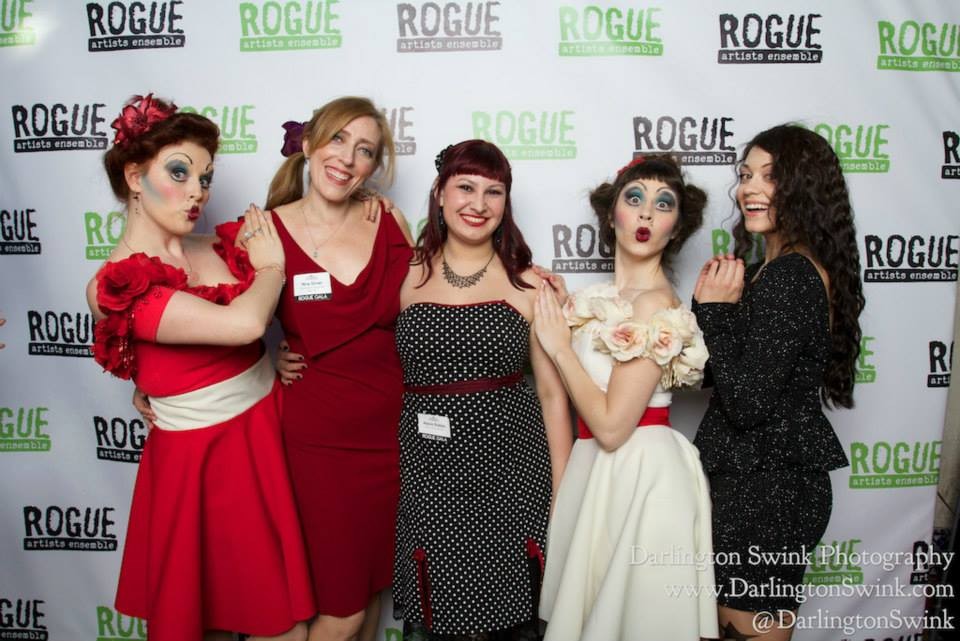
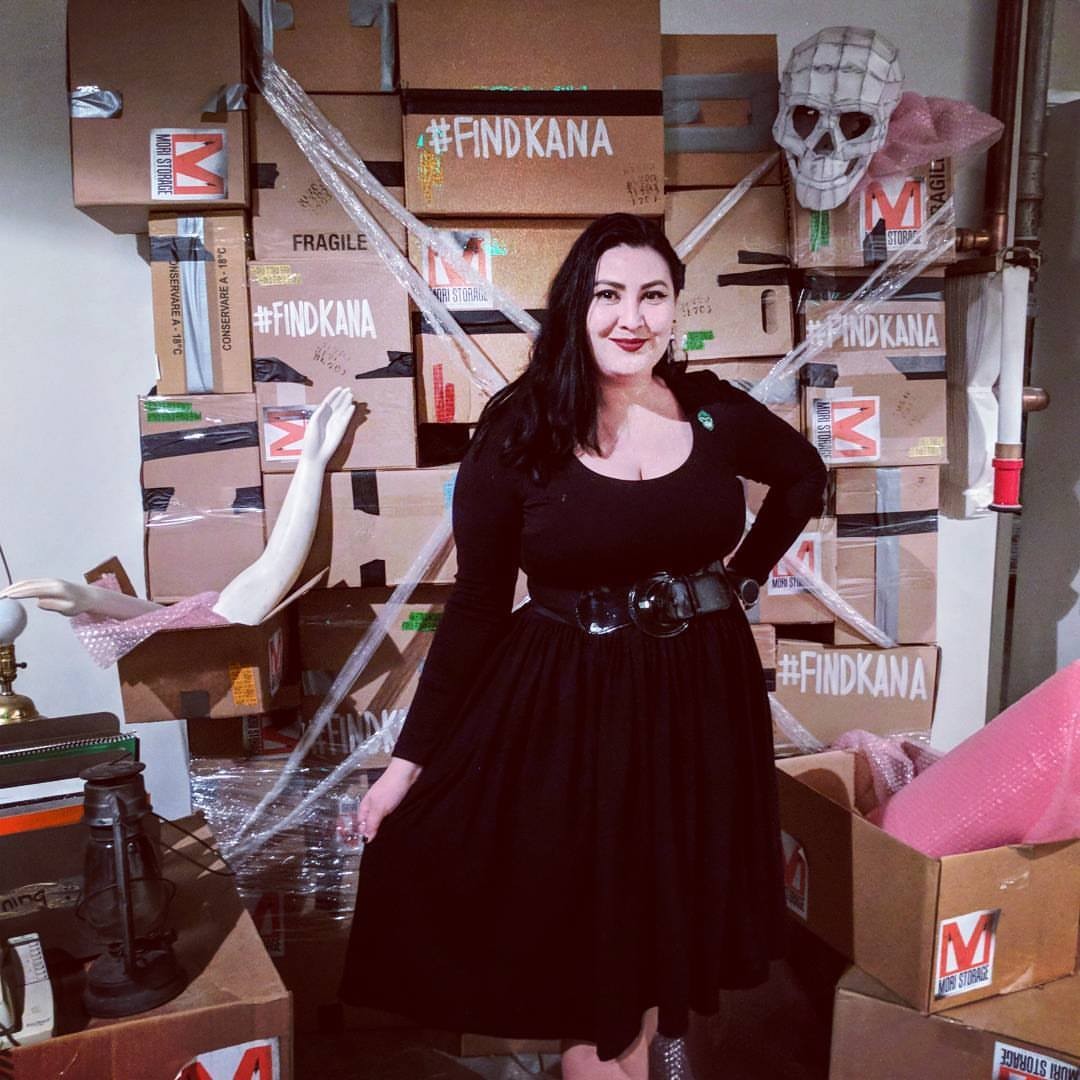
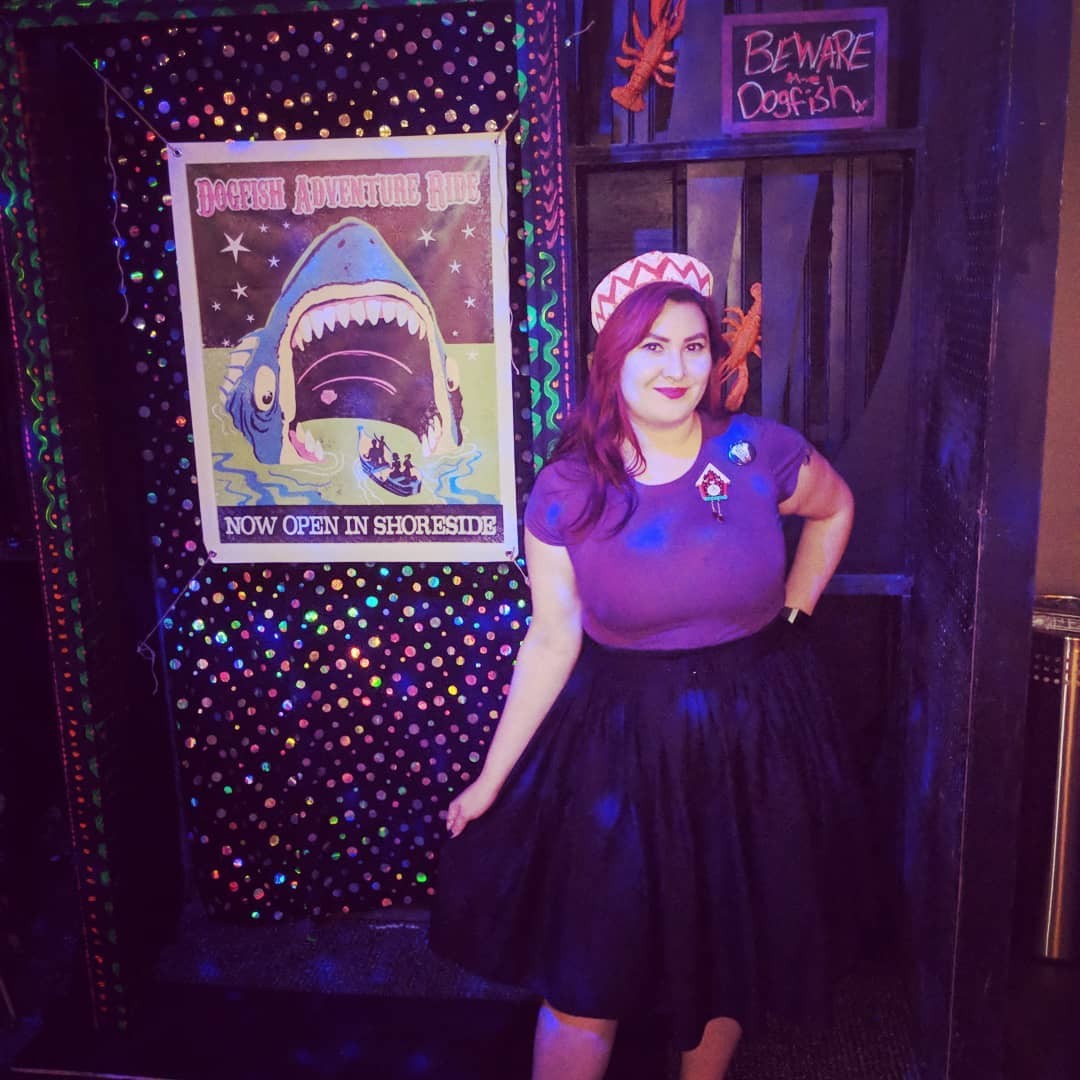

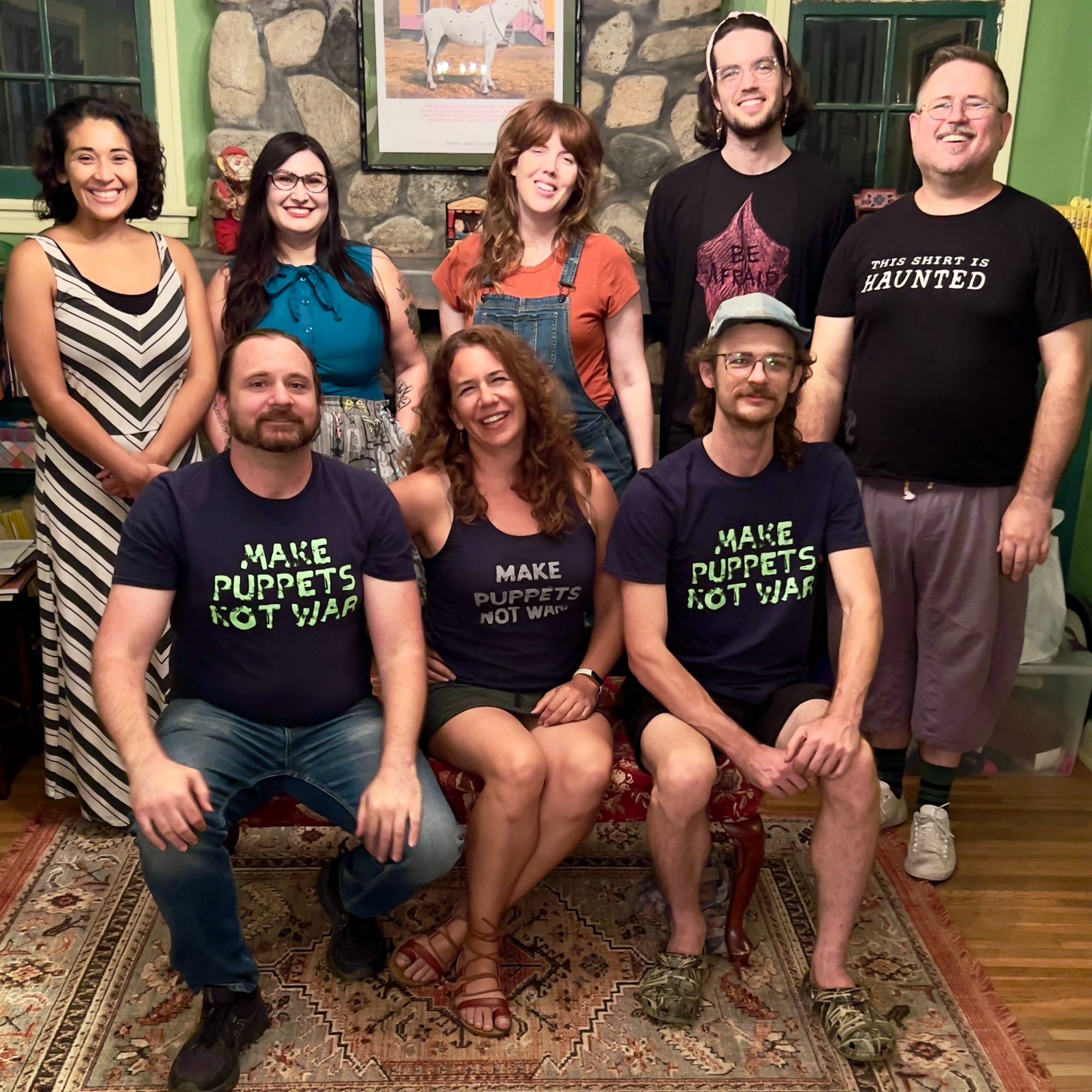
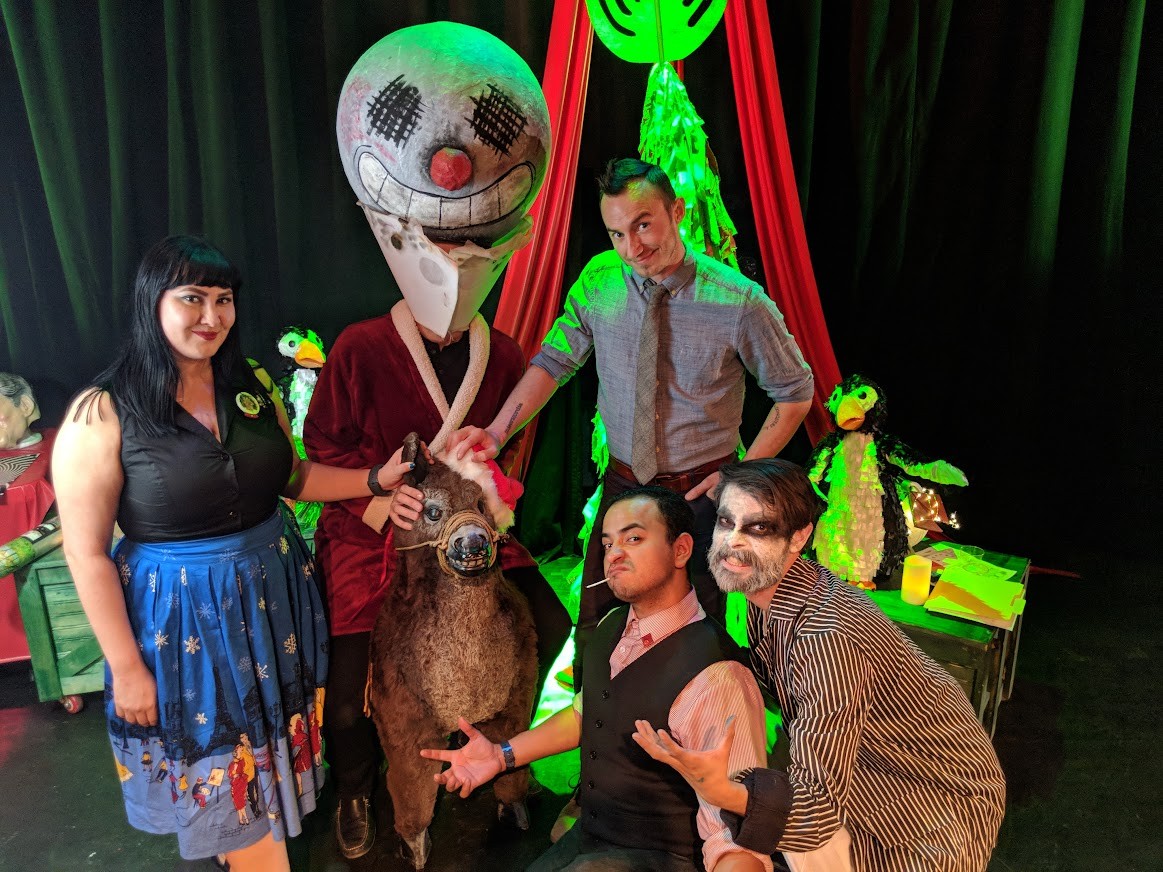 Image Credits
Image Credits
Darlington Swink Photography











